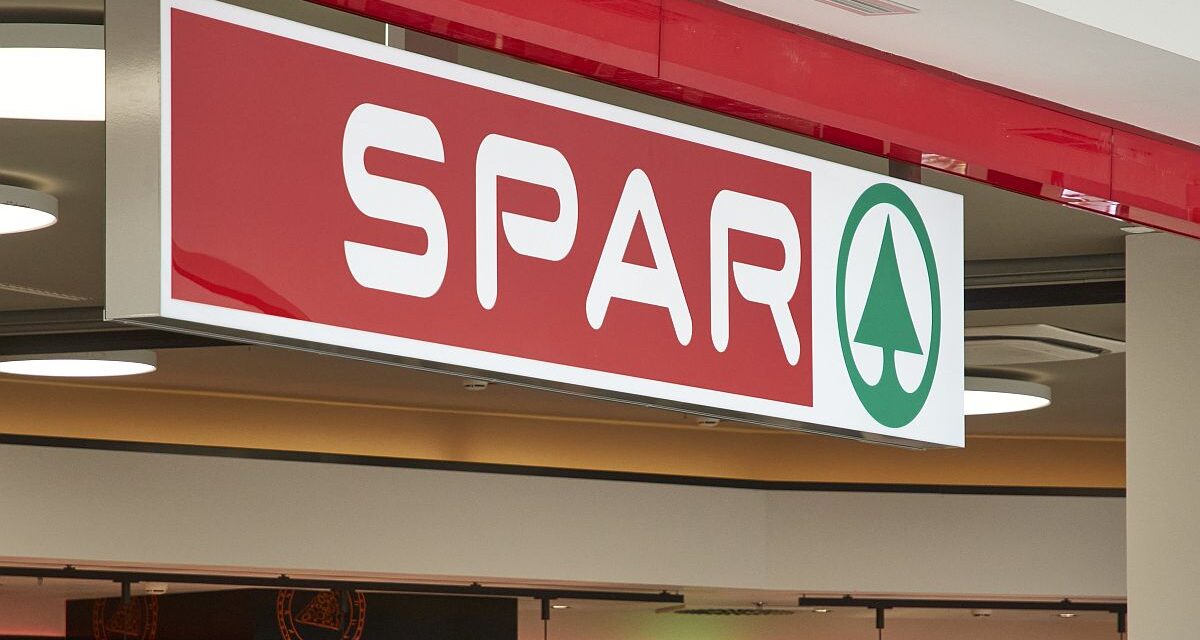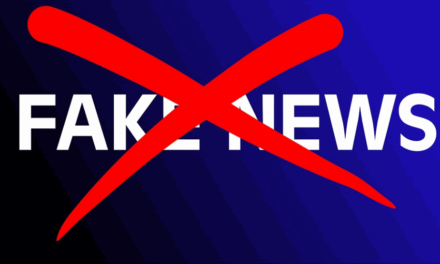We just marvel and stare! But since when has the multinational been a political player?
Due to the special tax, the Austrian supermarket chain turned to the European Commission in order to condemn Hungary by starting infringement proceedings. Nevertheless, Hungarian experts believe that Spar should not see the country as a junk market.
Spar's primary goal would be to abolish the 4.5 percent special tax, because then it would make new investments in Hungary. Economx wrote .
As a result, the assets were withdrawn from the country and the Hungarian business sector was divided into two parts. In addition to land and building rights, wholesale and logistics rights were also reorganized, the latter being given to a Swiss subsidiary. And the supermarket business was attached to Austria. With this, they managed to save ten million euros.
Their complaint about the special tax was even brought up by the Financial Times, according to which it violates EU law, so they turned to the European Commission to initiate infringement proceedings against Hungary, because the tax means 90 million in additional costs for the company. However, the European body did nothing, because, like the 2020 Tesco case, they also took the position that progressive special taxes are not illegal.
Because of the initiative, Márton Nagy appointed the head of the company in Hungary, and János Lázár said that the multinationals must be forced to respect Hungarian consumers. According to Dániel Molnár, a senior analyst at the Makronóm Institute, Spar is unprofitable due to high prices and an outdated business model.
"Hungarian retail is not just a junk market"
According to Csaba Bubenko, head of the Egyenlő.hu trade union
"Hungarian retail is not just a junk market". "The kind of behavior in which twenty thousand bundled with chewing gum is thrown on the table like a horse stall, saying that I will buy you by the kilo, but only at the price of severe conditions, does not indicate investor behavior befitting a European gentleman"
said the president.
"At that time, large companies were able to start with tax incentives and job creation subsidies, and the Hungarian market was apparently doing well, since despite the objectionable inflation-fighting measures and the special tax, the cows are still being milked"
stated the president.
The supermarkets opened thousands of stores, took over the food trade, brought poorer quality food, and raised the prices as they pleased, emphasized Csaba Bubenko. Their unprofitable operation can not only be attributed to the liabilities here.
"Our union has reports showing that there are greater differences in efficiency between store chains, which is closely related to profitable operation"
he noted.
Nobody is happy about the special tax, but competitors are also embarrassed that Spar is provoking the Hungarian government and creating a political issue out of a tax issue. This creates tension in customers. On the other hand, large trading companies would adopt a new trade policy law with the government, which would require a compromise, wrote Economx.
Featured image: MTVA/Commissioner: László Róka













